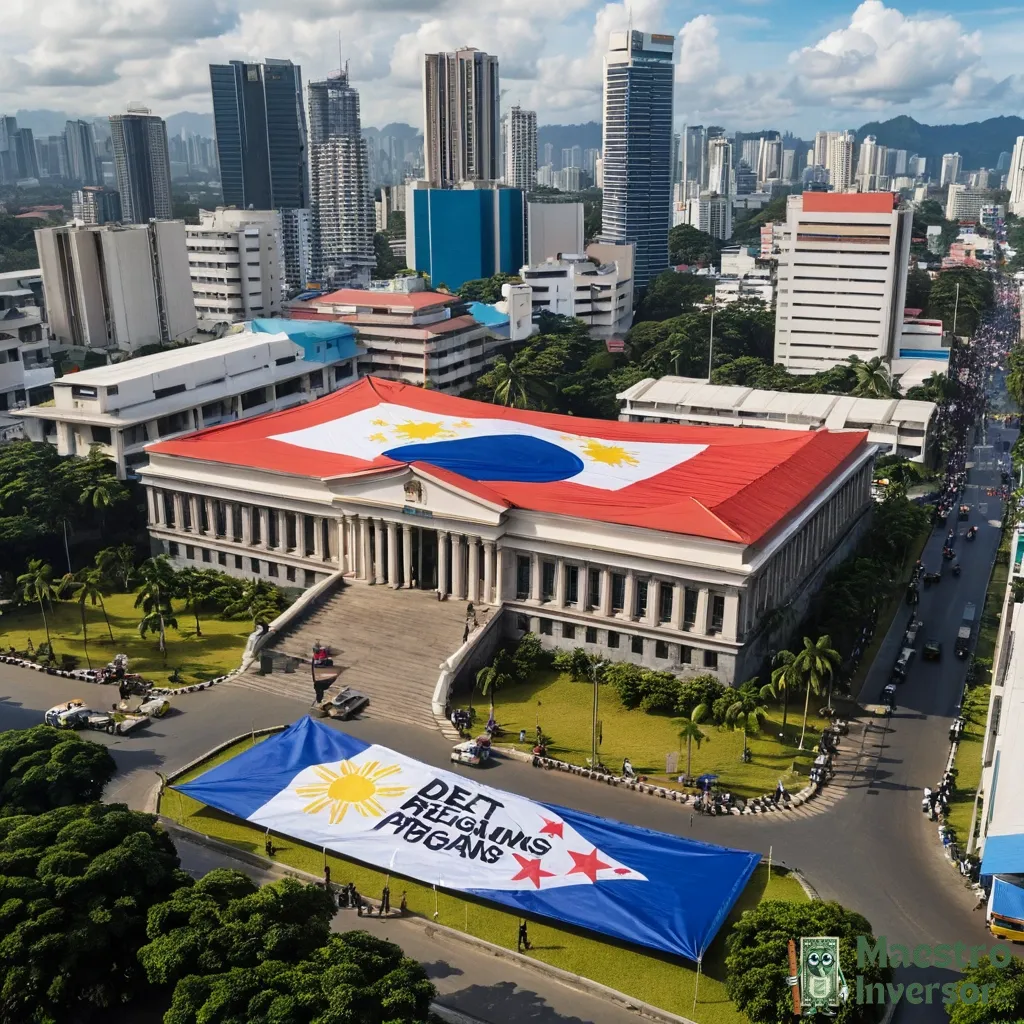
The Philippines has been taking steps to provide its citizens with assistance in managing their debt, particularly those who are struggling to make ends meet. The government has introduced various programs aimed at alleviating the financial burden on individuals and families. One such initiative is the provision of debt relief programs, which can help individuals regain control of their finances and start anew. These programs are designed to provide a safety net for those who are overwhelmed by debt and are in need of a helping hand to get back on their feet.
Understanding Debt Relief Programs
Debt relief programs are designed to help individuals manage their debt by providing them with a structured plan to pay off their debts. These programs can be offered by the government, non-profit organizations, or private companies. The primary goal of these programs is to help individuals reduce their debt burden and prevent them from falling further into debt. In the Philippines, the government has introduced several debt relief programs aimed at providing assistance to its citizens.
Benefits of Debt Relief Programs
There are several benefits to debt relief programs, including:
- Reduced debt burden: Debt relief programs can help individuals reduce their debt by negotiating with creditors to lower interest rates or waive fees.
- Structured payment plan: These programs provide individuals with a structured plan to pay off their debts, making it easier to manage their finances.
- Improved credit score: By paying off debts through a debt relief program, individuals can improve their credit score over time.
- Financial education: Many debt relief programs provide individuals with financial education and counseling to help them manage their finances effectively.
Government Debt Relief Programs in the Philippines
The Philippine government has introduced several debt relief programs aimed at providing assistance to its citizens. Some of these programs include:
Types of Government Debt Relief Programs
The following are some of the government debt relief programs available in the Philippines:
- Debt Consolidation Program: This program allows individuals to consolidate their debts into a single loan with a lower interest rate.
- Debt Management Program: This program provides individuals with a structured plan to pay off their debts, along with financial education and counseling.
- Credit Counseling Program: This program provides individuals with free credit counseling and education to help them manage their finances effectively.
- Debt Forgiveness Program: This program allows individuals to have a portion of their debt forgiven, depending on their financial situation.
Eligibility Criteria for Government Debt Relief Programs
To be eligible for government debt relief programs in the Philippines, individuals must meet certain criteria, including:
- Must be a Filipino citizen
- Must have a minimum debt amount (varies depending on the program)
- Must have a stable income
- Must have a willingness to pay off debts
How to Apply for Government Debt Relief Programs
To apply for government debt relief programs in the Philippines, individuals can follow these steps:
- Check eligibility: Individuals must check if they meet the eligibility criteria for the program.
- Gather required documents: Individuals must gather all required documents, including proof of income, proof of debt, and identification.
- Submit application: Individuals must submit their application to the relevant government agency or office.
- Wait for approval: Individuals must wait for their application to be approved, which may take several days or weeks.
Conclusion
In conclusion, the Philippine government has introduced various debt relief programs aimed at providing assistance to its citizens. These programs can help individuals manage their debt and regain control of their finances. By understanding the benefits and eligibility criteria of these programs, individuals can take the first step towards a debt-free life. It is essential to note that these programs are subject to change, and individuals must check with the relevant government agency or office for the most up-to-date information.

